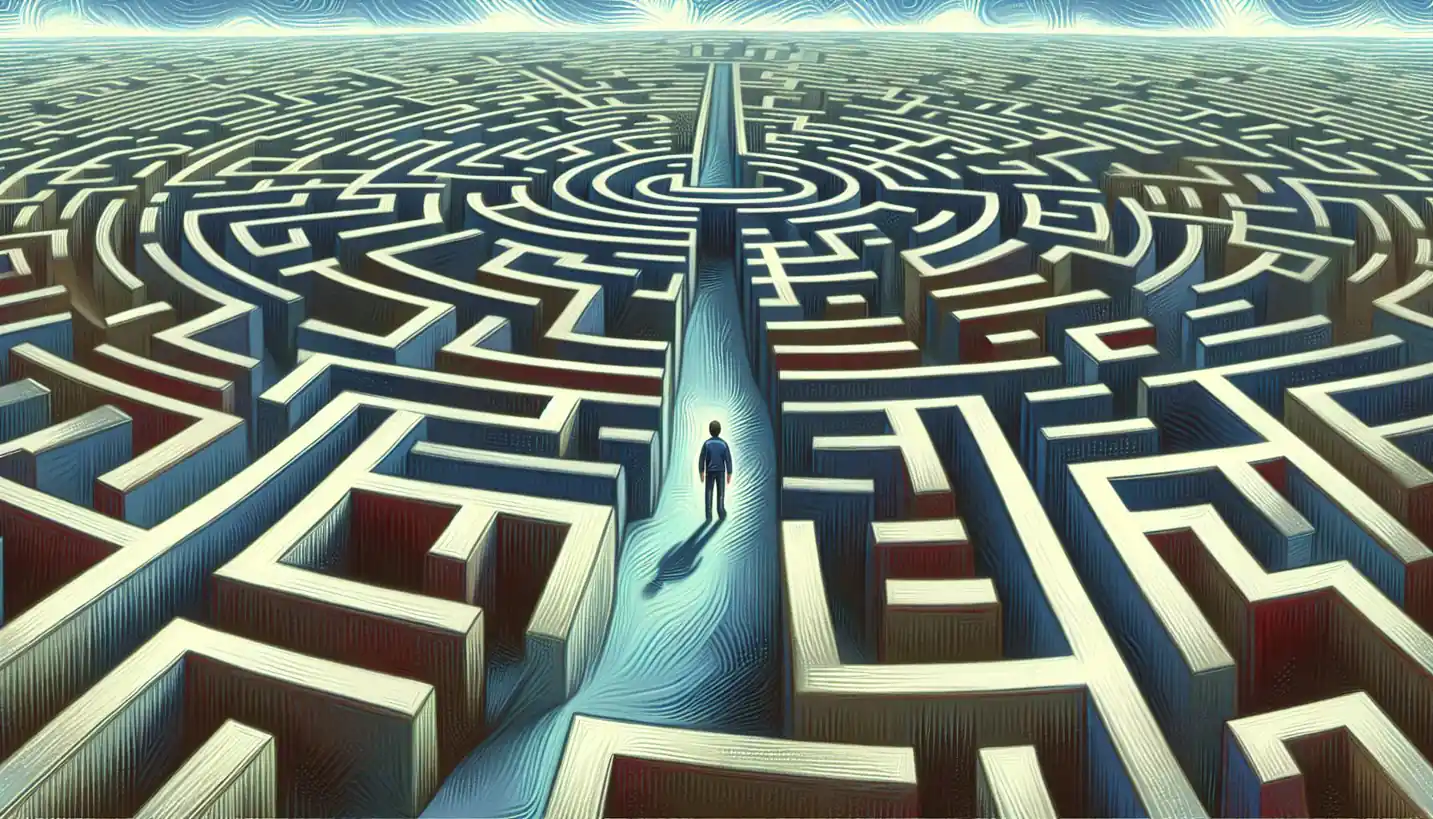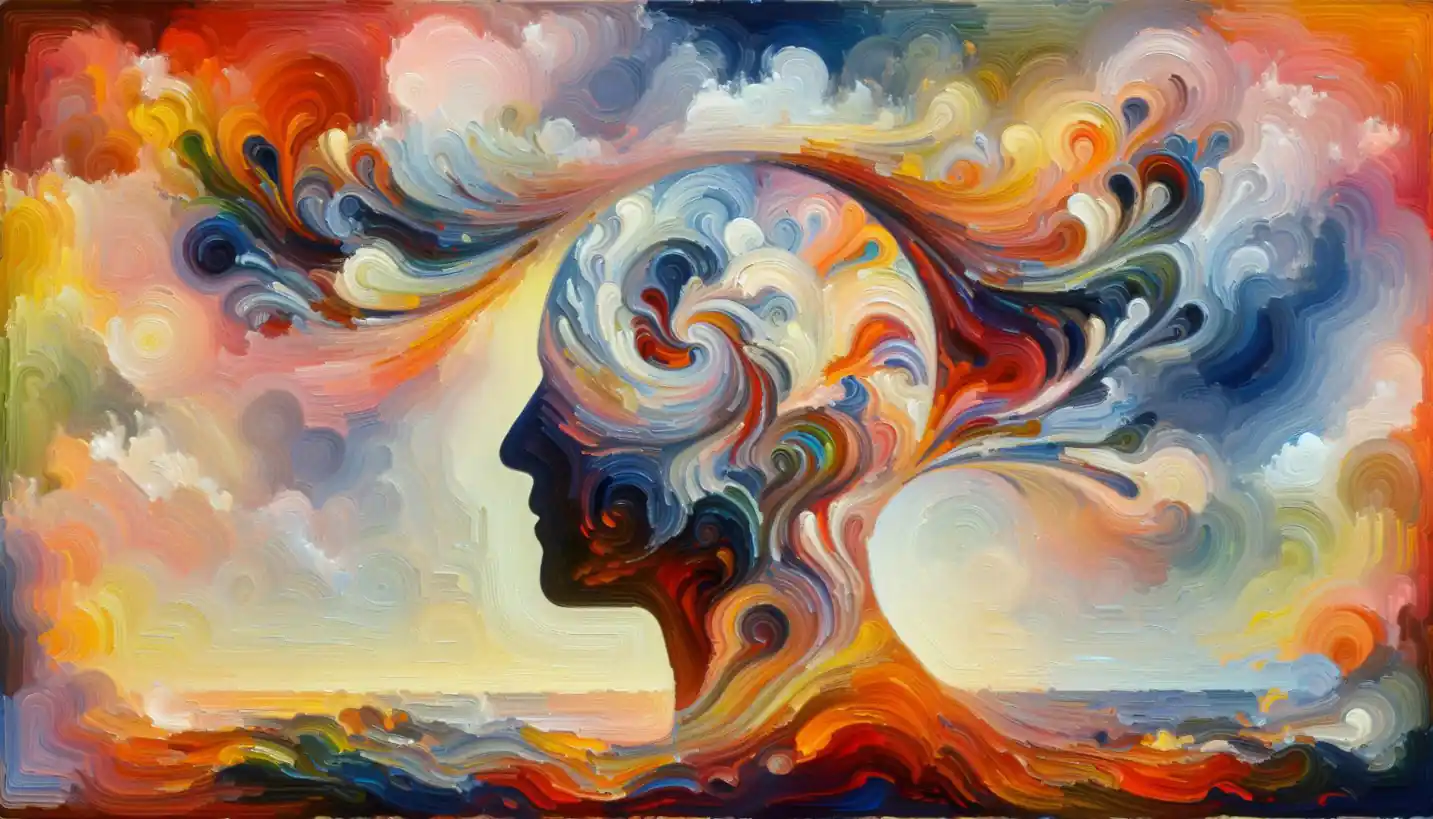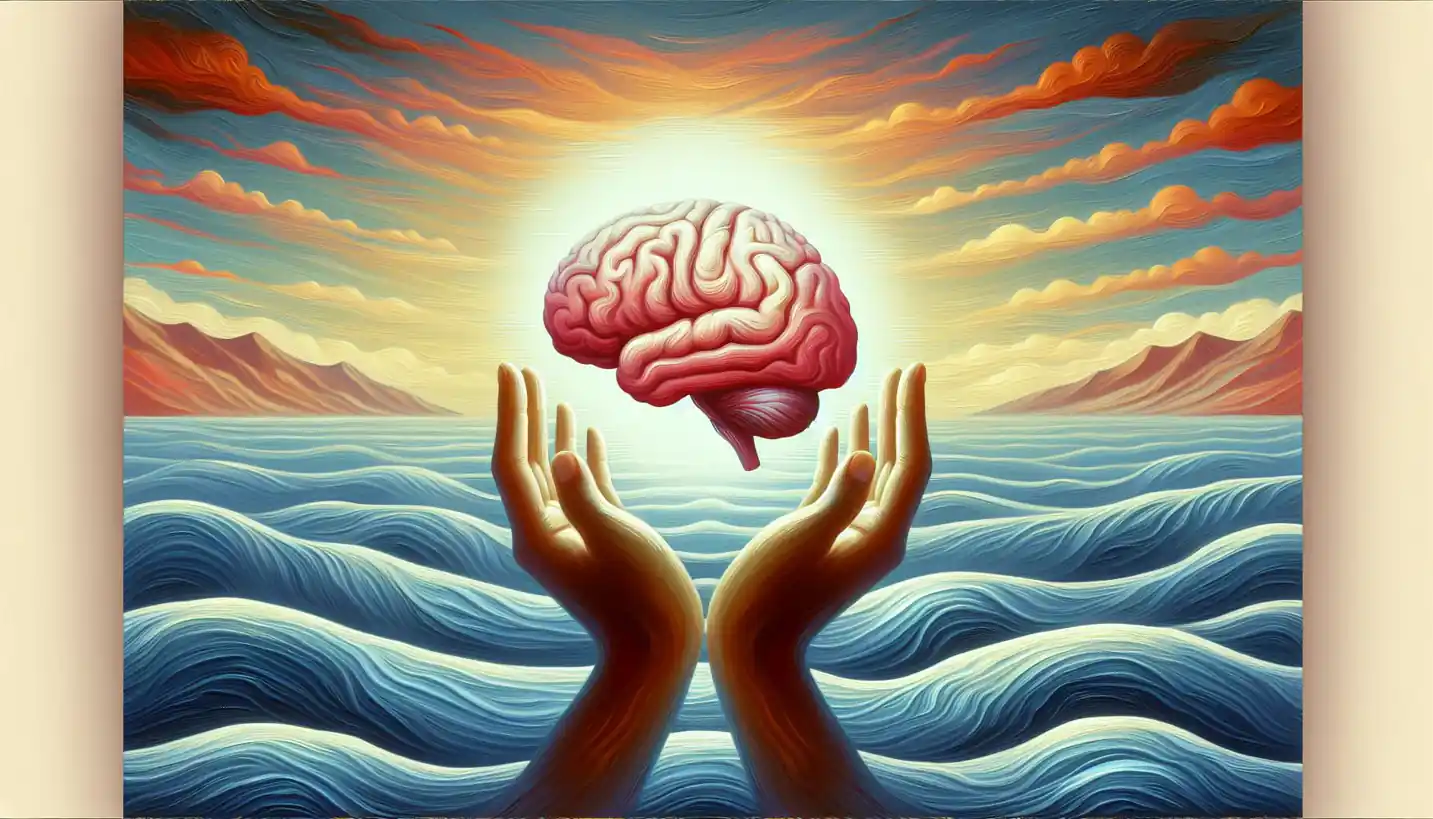· Psychology · 5 min read
Cultural Norms: The Invisible Rules of Society
Cultural norms are the hidden rules we follow. Learn how they silently shape societies and behaviors within cultural psychology.

Every society functions like an intricate dance, where the participants move in harmony, guided by invisible rhythms and steps. These guiding principles are what we call cultural norms. They’re like the unwritten rules that shape our behavior, defining what’s considered appropriate, acceptable, or even taboo in various social contexts.
What Are Cultural Norms?
Cultural norms are essentially the shared expectations and rules that guide behavior within a group of people. Think of them as a community’s agreement on how one should act in different situations. These norms can apply to simple behaviors such as greeting someone with a handshake or a bow, to more complex social expectations around marriage, religion, or leadership roles.
They’re not strictly laws, but they often hold just as much power. Breaking a cultural norm might not get you arrested, but it can lead to social disapproval or exclusion, which, in many cases, can feel just as serious.
Where Do Cultural Norms Come From?
Cultural norms arise from the values and beliefs that a community holds dear. They’re passed down from generation to generation, constantly evolving with time. A striking example is how norms around technology use have shifted dramatically over the decades as tech itself has evolved.
The fascinating part is that these norms are often learned subconsciously. From a young age, we observe and mimic the behavior of those around us, gradually internalizing the norms of our culture. It’s like soaking up the atmosphere at a concert; you might not notice it, but it becomes part of your experience.
Why Do Cultural Norms Matter?
Imagine a world where everyone acted entirely on individual impulses without regard for others. Chaos would ensue! Cultural norms provide order and predictability, enabling people to function harmoniously in communities. They help us understand one another’s expectations, reducing conflicts and fostering cooperation.
Moreover, these norms are deeply tied to our identity. They influence how we see ourselves and our place in the world. They bind groups together, creating a sense of belonging and community. For example, consider how holiday traditions can strengthen family ties, providing comfort and continuity.
Cultural Norms Across the Globe
Cultural norms can differ vastly from one place to another, much like languages or cuisines. A behavior considered normal in one culture might be puzzling or even offensive in another.
Take the concept of time, for example. In many Western cultures, punctuality is valued, and being late to a meeting is often seen as disrespectful. In contrast, many Latin American cultures operate on a more relaxed perception of time, where social interactions and relationships take precedence over strict schedules.
Food is another fascinating domain. While eating with chopsticks might be the norm in Japan, it could be quite amusing for someone only familiar with Western utensils. These variations highlight the rich tapestry of human society, a testament to our diverse histories and environments.
How Cultural Norms Change
Cultural norms don’t remain static. They shift, sometimes slowly with the tide of generations, or suddenly under the pressure of significant events or movements. Think of how the internet has transformed communication norms, or the way social movements have reshaped norms around gender and equality.
Technology, globalization, and migration are catalysts that drive these changes. As people move and cultures mix, there’s an exchange of ideas and behaviors, leading to the birth of new norms and the adaptation of old ones.
The Role of Psychology in Understanding Cultural Norms
Cultural psychology helps us unpack these concepts by exploring how cultural contexts shape individuals’ thoughts, emotions, and behaviors. This field investigates the nuances of how people from various cultures perceive the world differently and react to it.
One intriguing area of study is how cultural norms influence mental health. For example, the stigma around mental illness varies widely across cultures, impacting how individuals seek help and how societies address mental health issues.
The Importance of Cultural Sensitivity
Recognizing and respecting cultural norms is crucial, especially in our increasingly connected world. Whether you’re traveling, working in a multicultural environment, or interacting online, understanding these norms helps navigate social situations gracefully.
Cultural sensitivity involves being aware that differences exist and are not necessarily better or worse, just different. It’s about approaching others with empathy and openness, ready to learn and adapt.
For instance, what might seem like a harmless gesture in one culture could be offensive in another. A simple thumbs-up, considered positive in many places, is actually a rude gesture in parts of the Middle East. Understanding such nuances can prevent miscommunications and foster positive interactions.
Future of Cultural Norms
As we look towards the future, cultural norms will likely continue to evolve. With the rapid pace of technological advancement and globalization, new norms are emerging at a breathtaking speed. Social media, for instance, is redefining norms around privacy and personal identity.
Open-ended questions about the future remain: How will virtual reality and artificial intelligence influence our cultural norms? Will there be a global culture, or will local cultures withstand and adapt to outside influences? What new norms will rise from the environmental and social challenges we face?
Ultimately, cultural norms are a testament to human adaptability and creativity. They’re rich with the history of where we’ve been and hint at where we’re going. As these norms evolve, they continue to serve as a mirror reflecting the values and priorities of society. By understanding and respecting these intricate webs of social expectations, we can navigate the world with a little more wisdom and grace.



